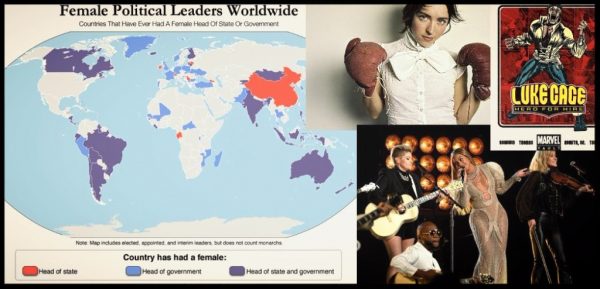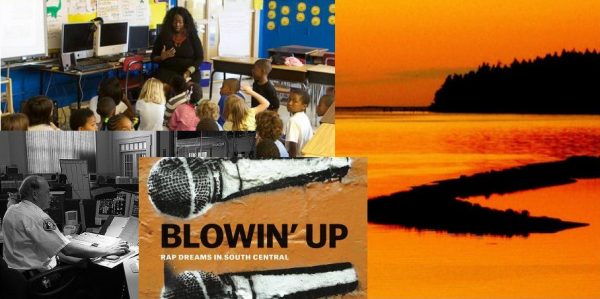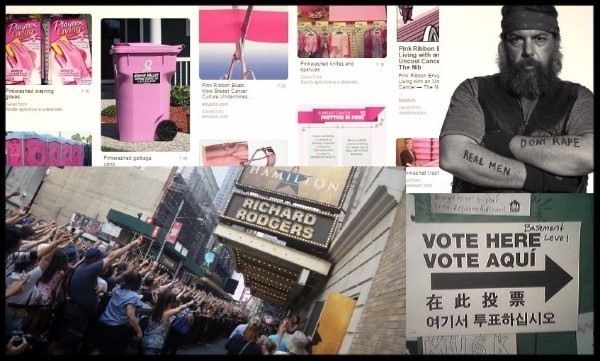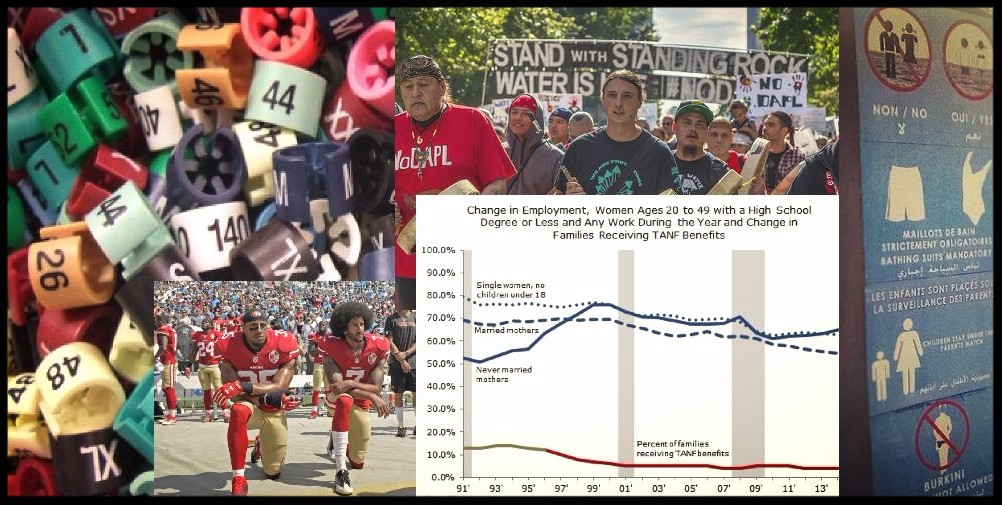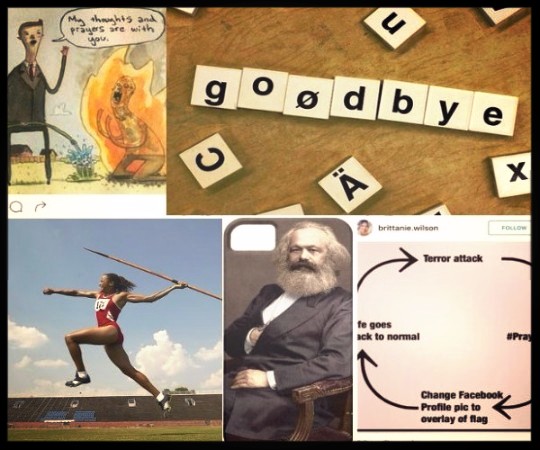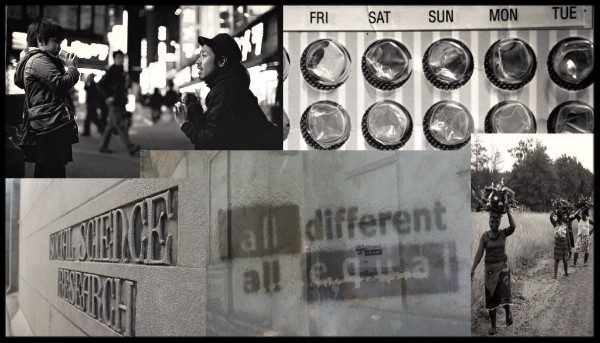
Hello and happy Friday all. Like many of you and others, we are continuing to grapple with the U.S. election, and a number of pieces around the site this week are reflections on what got us here and projections about what it might mean for social policy, social justice, and social science.
The Editors’ Desk:
“The 2016 Election and the Vocation of Social Science,” by TSP co-editor Chris Uggen. Chris anticipates some of the obstacles that social science research will face in the near future, and urges social scientists to work with, not against, one another to overcome them.
“Sociologist-on-sociologist violence will get us nowhere … The Society Pages believes that sociology needs a ‘big tent’ to prosper – one embracing both our pure science wing and our social activist wing. Because we don’t have a lot of weight to throw around, we’d likely be further diminished if we ‘cleave it in twain.’ So I’m going to continue to love all y’all – even when y’all disagree.”
Special Features:
“The Whitelash Against Diversity,” by Jennifer Lee. In this timely special feature, Lee highlights research that helps explain the significant “whitelash” among white Americans that resulted in a Trump presidency.
There’s Research on That!:
“The Meaning of Menstruation,” by Allison Nobles. Recent innovations in birth control are being used as a way to improve the quality of life for those of us who get periods, but these medical developments affect the social meaning of menstruation.
“UFC 205 and the Social Phenomenon of Major Sporting Events,” by Edgar Campos. Just in time for UFC 205, we highlight research on MMA fighting and why people love major sporting events.
Discoveries:
“Neighborhood Associations Need Time to Reduce Crime,” by Ryan Larson. New research in Criminology complicates the relationship between the presence of neighborhood associations and crime rates.
Clippings:
“Paternity Leave in Japan,” by Neeraj Rajasekar. Eunmi Mun talks to the Seeker about work and gender norms in Japan.
From Our Partners:
Contexts:
Editors Syed Ali and Philip Cohen offer their thoughts on what a Trump presidency means for sociologists in “Trumped.”
Scholars Strategy Network:
“Can Pro-Choice and Pro-Life Activists Recognize the Socioeconomic Realities of Abortion?” by Hannah Phillips.
And a Few from the Community Pages:
- Families As They Really Are talks mass incarceration as family policy and women’s economic empowerment.
- Sociology Toolbox explores the trust gap and US climate change policy.
- Cyborgology reflects on the lineage of Trump memes and the limits of being reasonable.
- Sociological Images explains how the AT&T/Time Warner merger reproduces racial inequality.

